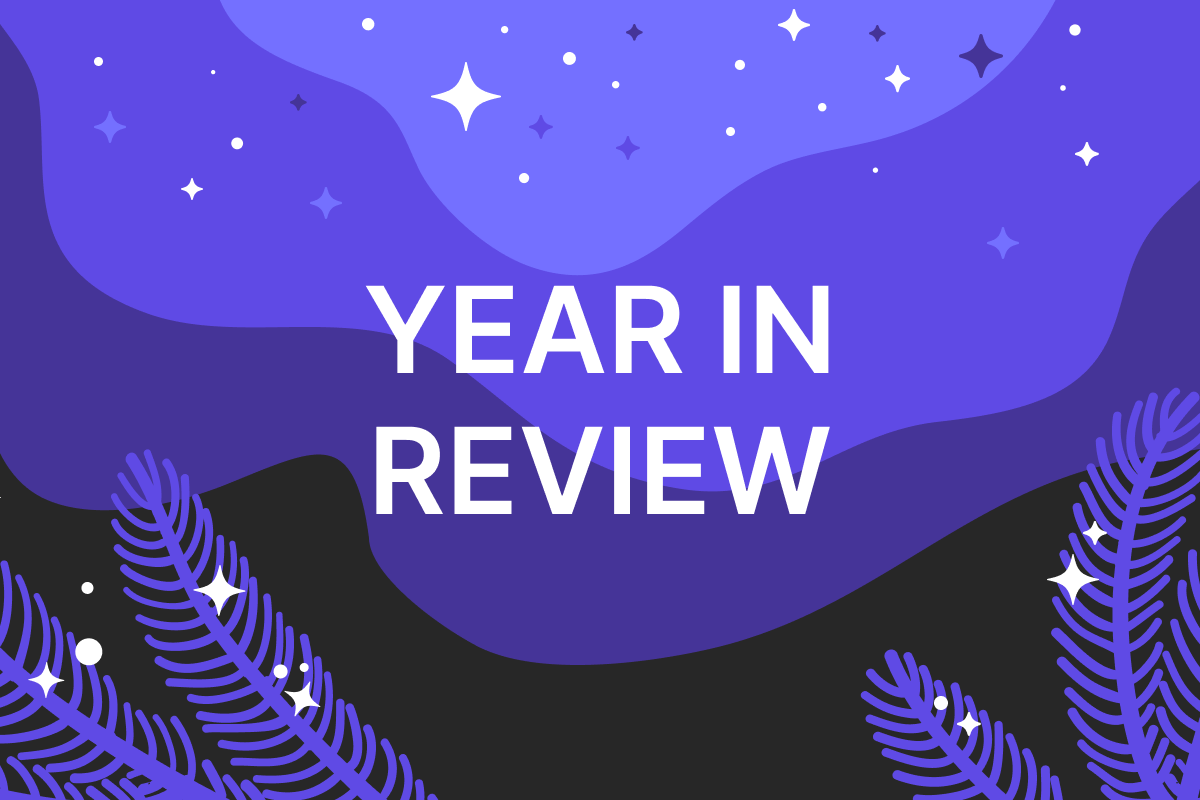Welcome to the fall season! For Genome, September brought numerous insights, fresh guides, and deep dives into evolving fintech, compliance, and merchant-related topics.
Sounds interesting? Here’s a roundup of what you might have missed this month!
Our merchant services are in BETA: brush up on your knowledge
Genome has launched merchant services in exclusive beta from September 16, 2025, allowing clients to receive payments from customers via SEPA Instant Transfers. Not sure if you need a merchant account? We have written and updated some of the articles that might help you with the decision!
The difference between business and merchant accounts: what to choose
In this article, we explained how business accounts and merchant accounts serve distinct but complementary roles.
A business account is used for all your general company finances – paying vendors, managing cash flow, and covering operating expenses.
A merchant account is designed specifically to accept and process electronic payments.
If you accept non-cash payments from customers, you typically need both types of accounts. Luckily, you can now get both within Genome!
Open banking used to accept quick payments
Our team has also expanded on the role of open banking in assisting merchants. It enables direct account-to-account payments, what regulation enables it, and how businesses can leverage it to streamline flows, reduce fees, and improve customer experience.
Currently, Genome clients that use merchant services in BETA can use open banking to accept Instant and Credit SEPA transfers from customers across Europe.
What is a payment gateway?
We unpacked what a payment gateway does, how it links merchants to payment processors, and what criteria to use when choosing one.
For businesses integrating card payments or online checkouts, knowing the difference between gateways, processors, and merchant accounts is essential.
Fintech trends, money, and payments
Italian fintech startups to watch
In this piece, we highlight emerging fintech firms in Italy, including their activities, innovations, and potential to reshape finance both locally and internationally.
These stories help you stay informed about where fintech is headed regionally, not just globally, as well as spot potential collaborators or competitors.
Moreover, if you are a startup seeking a reliable financial provider, Genome can assist you. Working within the iGaming industry – even better! You have the opportunity to meet with our team and discuss our services during SiGMA 2025 in Rome.
What are Faster Payments?
Inside Genome, we offer business clients many options for money transfers via our Intelligent Routing System. Faster Payments is one of such options.
We explained the concept, mechanics, and benefits of a Faster Payment Systems – plus how businesses can take advantage when sending and receiving those.
Cross-border payroll: why and how
With teams increasingly distributed across nations, we explored how to manage payroll across borders – factoring in currency conversion, tax compliance, local labor laws, and remittances.
If you run or plan to run an international team, check our guide on managing cross-border payroll.
Starting a business in Italy as a foreigner? Here’s what to know
Building a company from the ground up is always complicated, especially if you are a foreigner. Where do you even begin?
Our team got you! We looked at the landscape for foreign entrepreneurs eyeing Italy – covering legal steps, business structures, tax regimes, and operational challenges.
Our guide on starting a business in Italy helps those who wish to expand into Italy or set up local entities, giving practical advice on registration, compliance, and navigating local regulations.
Security and compliance highlights
What is PCI compliance? Our complete guide
If you are a merchant that deals with card payments, knowing what PCI DSS is is a must. Our team presented a full explainer on PCI DSS – how it works, why it matters, and what businesses must do to stay compliant.
Key takeaway: While PCI compliance is not a law per se, major card networks mandate it – and non-compliance can lead to fines, reputational damage, or liability in a data breach.
Genome is fully PCI DSS compliant, reinforcing our commitment to secure card data handling for clients.
A deep dive into ISO 27001 vs ISO 27701: what’s the difference?
In another article, we compared two pivotal security standards.
ISO 27001 focuses on structuring an information security management system (ISMS) – the processes and controls to protect information.
ISO 27701 extends ISO 27001 to address privacy and personal data management – how data is collected, processed, stored, and shared.
Understanding both helps businesses not just secure data but also demonstrate responsible privacy practices.
Our team at Genome knows it all too well, as we have achieved both certifications to make our services even more secure.
Did you miss Genome’s previous month in review? Don’t forget to check the August updates! Learn more about our upcoming merchant services and beta rollout, our presence at iGaming events, the newest fintech trends we explored, and how we delved into Italy’s financial landscape.






